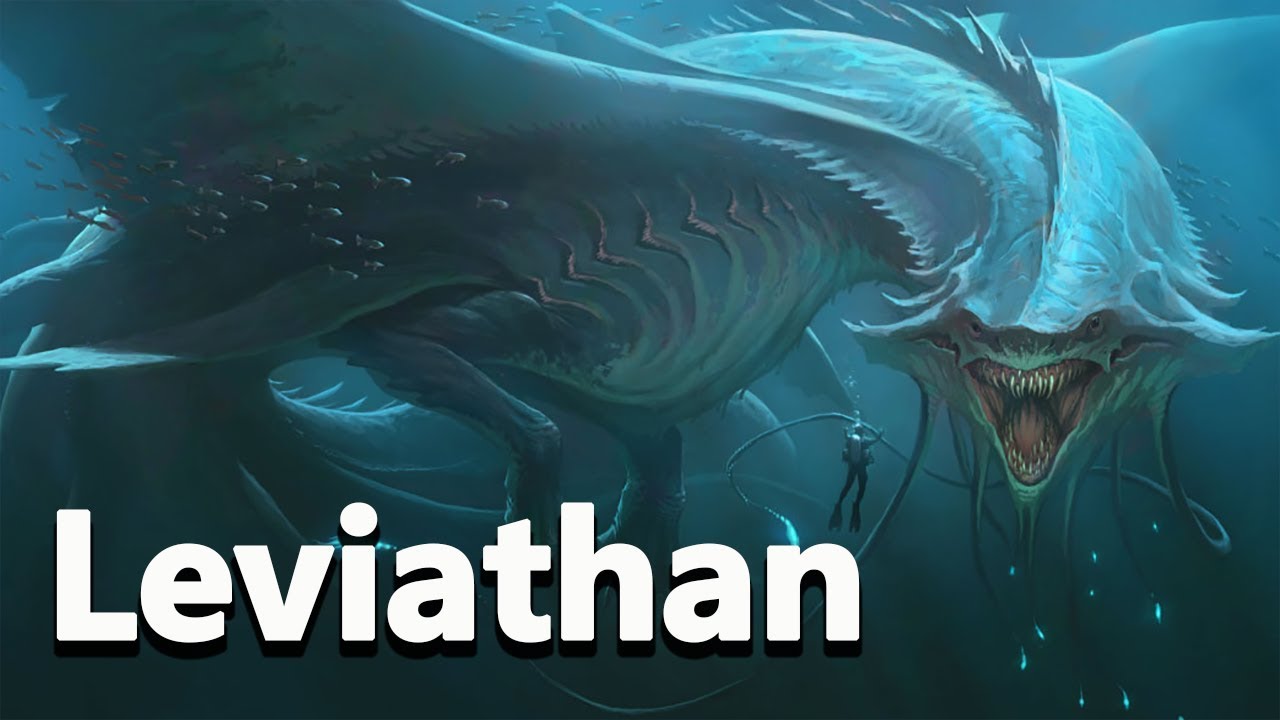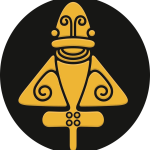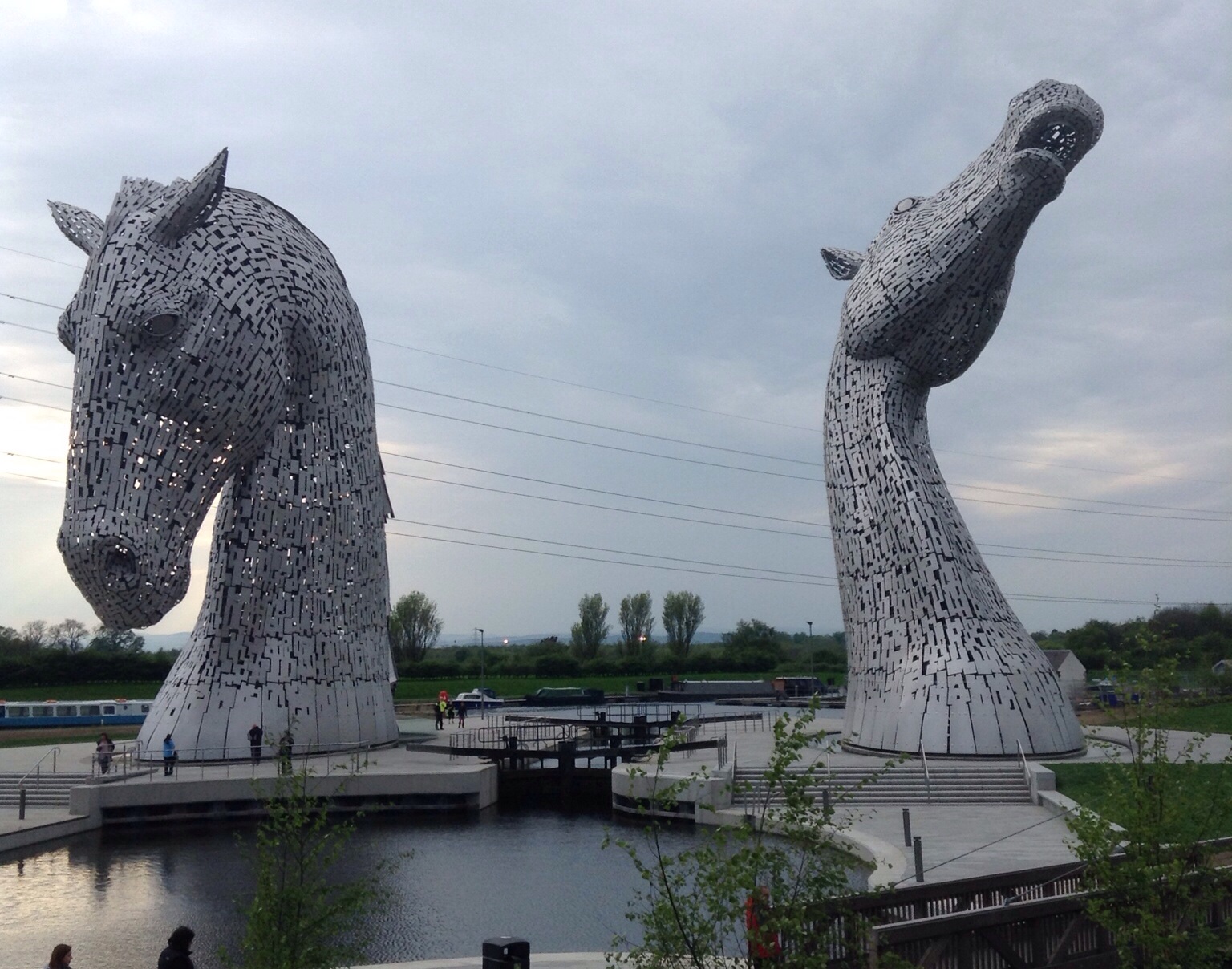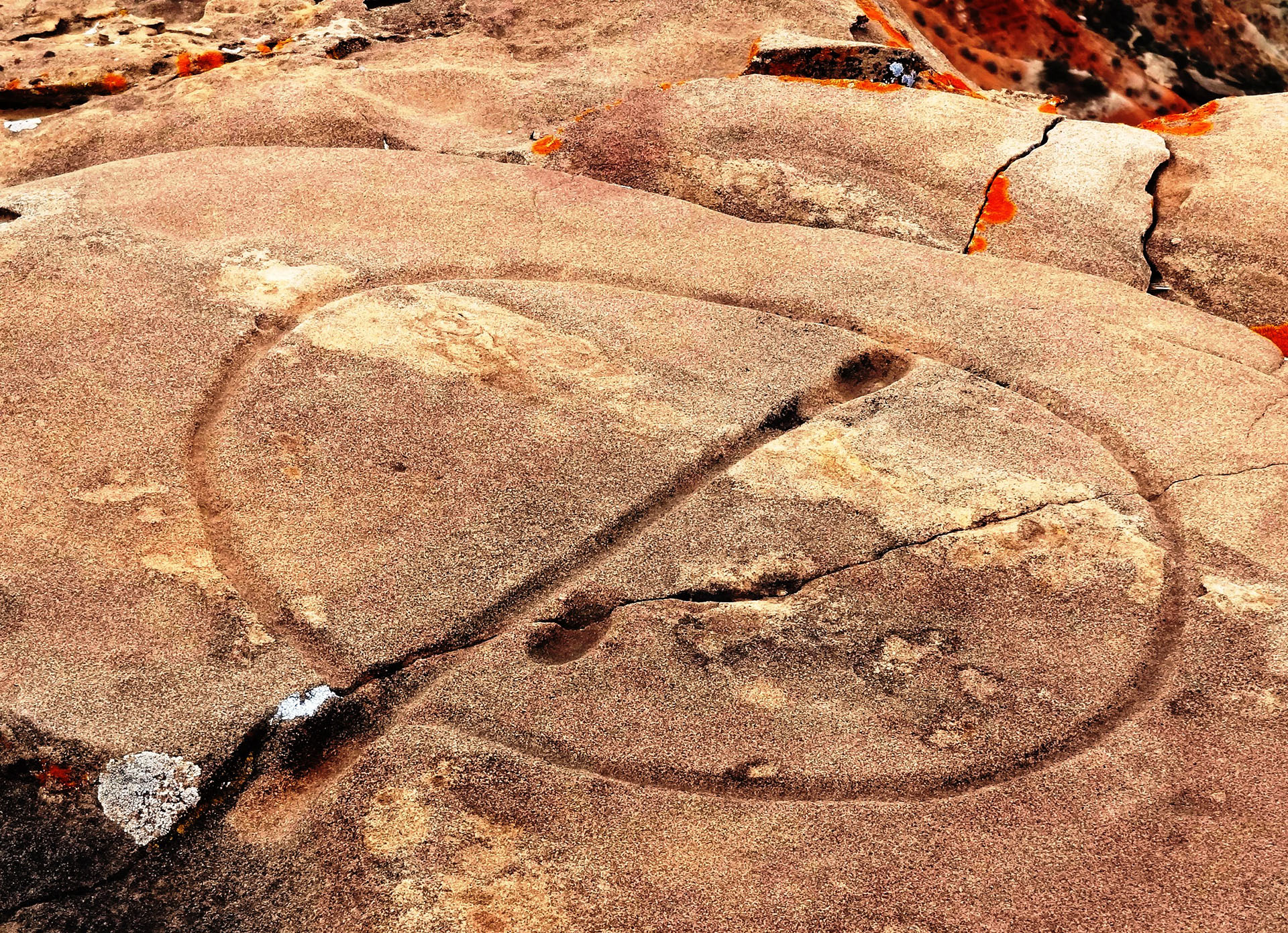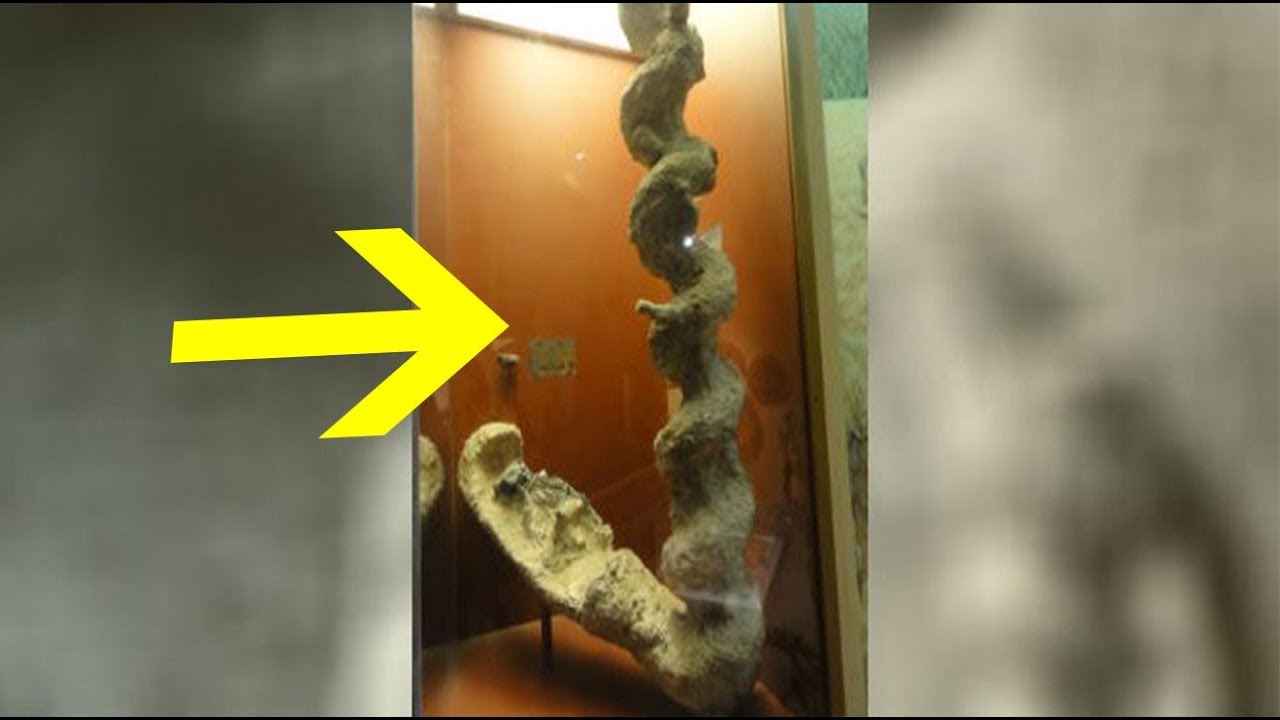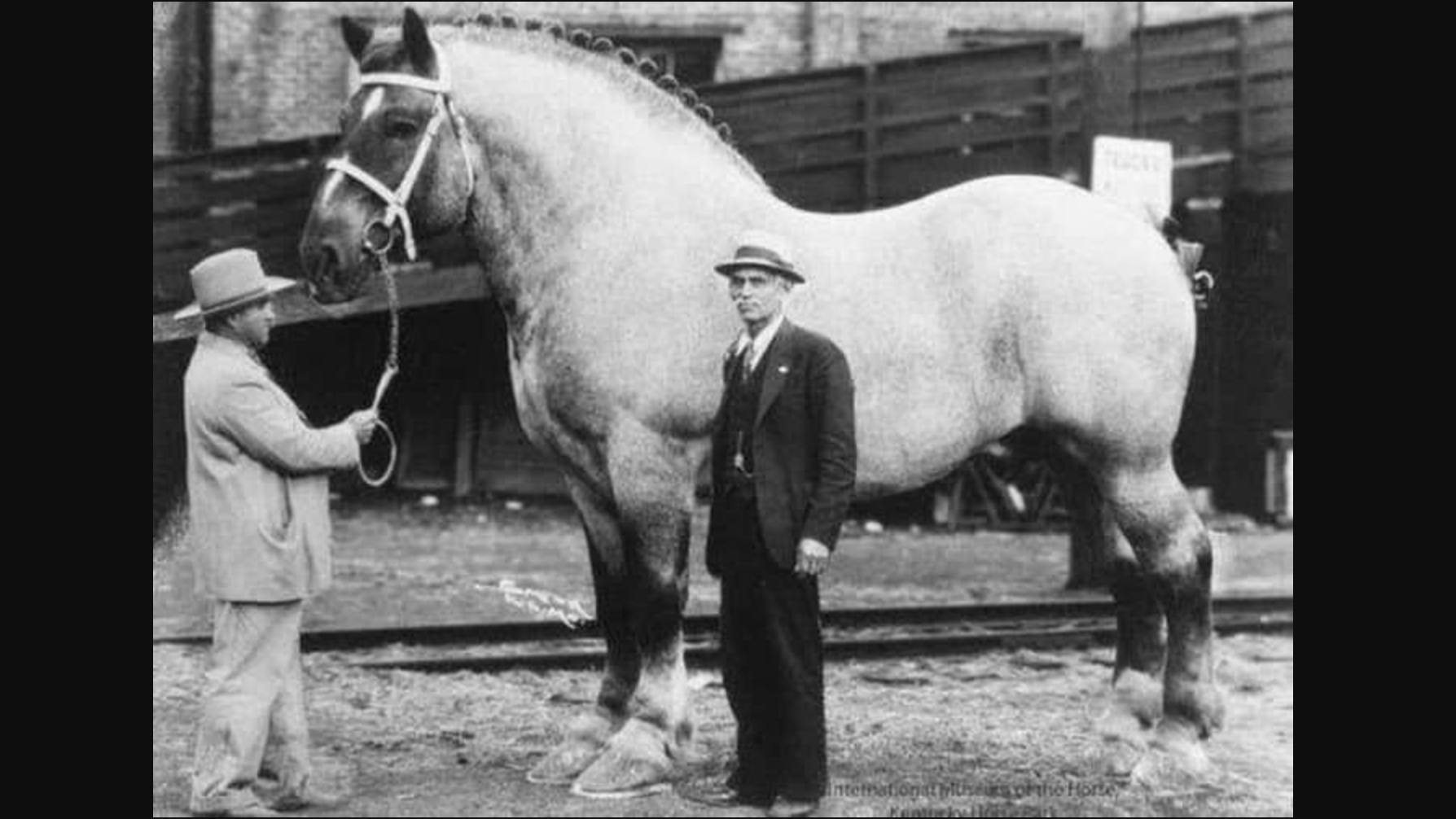Unraveling the Mysteries of the Biblical Creature and its Impact on Mythology
The Leviathan’s Place in Ancient Cultures
The Leviathan, a colossal sea monster mentioned in the Hebrew Bible, has long been a source of fascination and debate among scholars, theologians, and the general public. This article explores five stunning facts about the Leviathan that shed light on its origins, connections to ancient religions, and enduring influence on modern culture. By understanding these intriguing aspects of the Leviathan, we can better appreciate its significance in ancient mythology and its relevance today.
1. The Leviathan’s Origins in Ancient Near Eastern Mythology
Although the Leviathan is most famously mentioned in the Book of Job, its origins can be traced back to ancient Near Eastern mythology. It shares many similarities with other monstrous sea creatures from this region, such as the Babylonian Tiamat and the Canaanite Lotan. These creatures often symbolized chaos and were vanquished by gods to establish cosmic order. The recurring appearance of sea monsters in ancient myths highlights a common cultural heritage among different civilizations, likely influenced by the Proto-Indo Europeans.
2. The Proto-Indo European Connection and Shared Mythological Heritage
The Proto-Indo Europeans were a prehistoric culture that spoke a language from which many modern languages, including English, German, and Hindi, descended. While their mythology and religion are mostly lost, traces can be found in various ancient cultures, including the Greeks and Norse. The Leviathan’s striking similarities to other ancient sea monsters suggest a shared mythological heritage among these civilizations, pointing to a broader narrative that predates written history.
3. Ancient Sea Monsters as Symbols of Chaos and Order
In numerous ancient cultures, sea monsters like the Leviathan represented the chaotic forces that threatened the established order. Their defeat by gods symbolized the triumph of order over chaos and the creation of the cosmos. This theme can be found in various ancient myths, such as the Babylonian creation myth, where the god Marduk defeats Tiamat and uses her body to create the heavens and earth. The shared symbolism among different civilizations underscores deep cultural connections across the ancient world.
4. The Leviathan’s Possible Connection to Real-World Animals
The Leviathan’s description in the Book of Job has fueled speculation about its potential connection to real-world animals, including prehistoric reptiles like dinosaurs. While most scholars consider the Leviathan to be a purely mythological creature, some creationists argue that it could be a reference to a now-extinct animal. Regardless of the Leviathan’s true nature, its presence in the Bible and ancient mythology continues to captivate the imagination of believers and skeptics alike.
5. The Leviathan’s Legacy in Modern Culture
The Leviathan’s influence can still be felt in contemporary culture. The term “leviathan” has come to signify any large, powerful entity, often with negative connotations, such as oppressive governments or massive corporations. This enduring symbolism is a testament to the ancient roots of the Leviathan’s story and its lasting impact on human culture.
Conclusion: The Leviathan’s Significance in Ancient Religions and Today
The Leviathan’s enigmatic nature and connections to ancient religions and mythologies make it a fascinating subject for exploration. From its origins in ancient Near Eastern mythology to its possible connection to real-world animals, the Leviathan has captivated the human imagination for millennia. By understanding these stunning facts about the Leviathan, we can gain valuable insights into the beliefs and stories that shaped the ancient world and continue to influence our modern culture.
📚📖 Make sure to join Ancient Library on Telegram, and become part of a unique group 👉🏻 https://t.me/theancientlibrary
If you want to help us out and support the page, you can buy us a coffee ( we really appreciate it) 👉🏻 https://www.buymeacoffee.com/ancientlibrary
I am the Librarian, and I, together with the guardians of the Ancient Library, curate content for this site. Welcome, and enjoy your stay.
